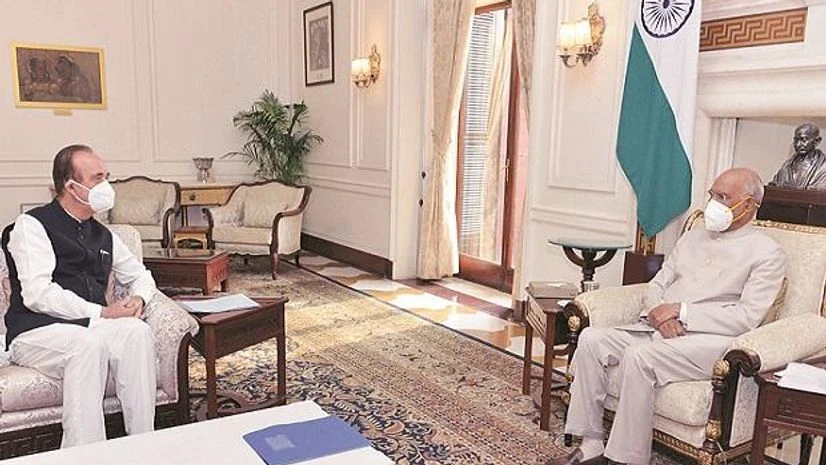The curtains came down on the Monsoon Session of Parliament on Wednesday, eight days ahead of schedule, as both Houses were adjourned sine die, bringing an end to a stormy and heated session where the government and Opposition parties sparred over the contentious farm Bills.
On the last day of the Session, the Rajya Sabha approved three key labour reform Bills that will remove impediments to winding up of companies and allow firing of staff without government permission in firms with up to 300 workers from the existing 100, a move aimed at attracting more investments and job creation. These Bills were cleared by the Lok Sabha on Tuesday.
The three Bills — Code on Occupational Safety, Health and Working Conditions, Industrial Relations Code, and Social Security Code — were passed in the Upper House by voice vote amid boycott by Opposition parties, including the Congress and the Left, over the suspension of eight MPs.
The Opposition parties, upset over the handling of the vote on the farm Bills in the Rajya Sabha, continued their boycott and met President Ramnath Kovind and urged him to not approve the Bills.
The Rajya Sabha passed 15 Bills in the last two sittings with the Opposition parties boycotting the proceedings to protest the suspension of eight members on Monday for their “unruly” behaviour in the House.
Also Read
Rajya Sabha Chairman M Venkaiah Naidu said it is “extremely unpalatable” when Bills are passed amid a boycott of proceedings by some sections of the House, but not taking up legislative work may legitimise their action as an “instrument of blocking legislation”. Naidu was speaking before adjourning the Upper House sine die, eight days ahead of schedule, because of the Covid-19 pandemic.
Naidu said the 10-day session was productive and 25 bills passed and six introduced.
“The productivity of the House during this session has been 100.47 per cent. As against the scheduled available time of 38 hours and 30 minutes, the actual functional time of the House has been 38 hours and 41 minutes,” said Naidu.
Labour codes
With passage of these three Bills, 29 central labour laws have been codified into four broad codes (the first code on wages was approved by Parliament last year) as contemplated by the government under labour reforms to improve ease of doing business and providing universal social security to workers as well. These Bill will now be sent to the president for his assent.
Replying to a debate on the three labour reforms bills, Labour Minister Santosh Gangwar said, "The purpose of labour reforms is to provide a transparent system to suit the changed business environment." Referring to a provision in The Industrial Relations Code relating to increase in the threshold for retrenchment, closure or lay off for a firm (without government permission) to 300 workers from existing 100, Gangwar explained that labour falls in the concurrent list of the Constitution.

)
